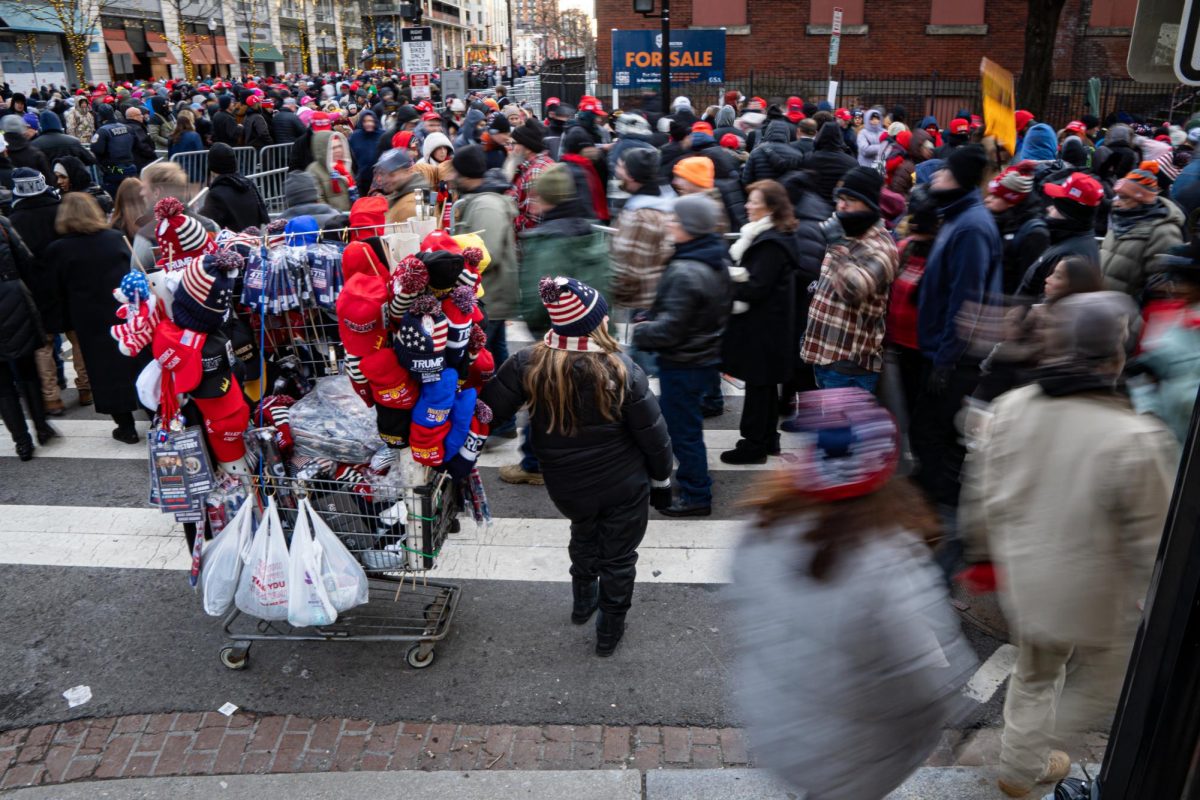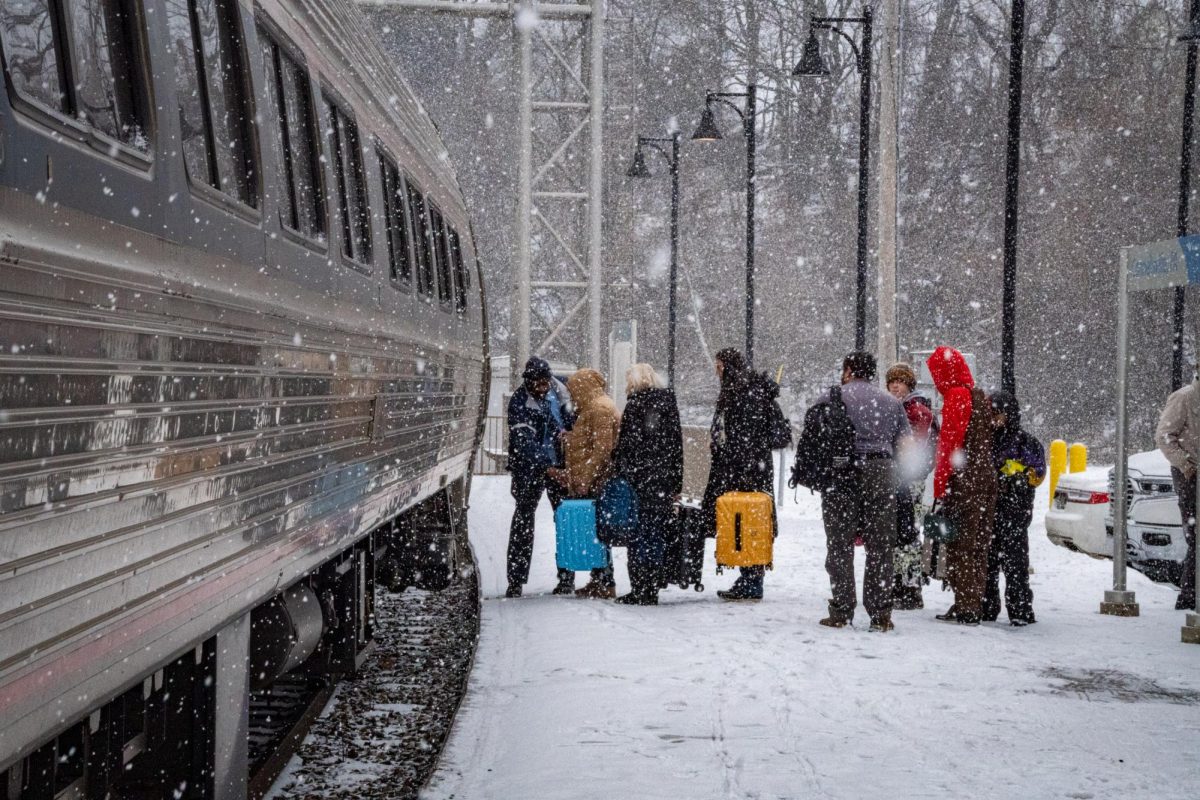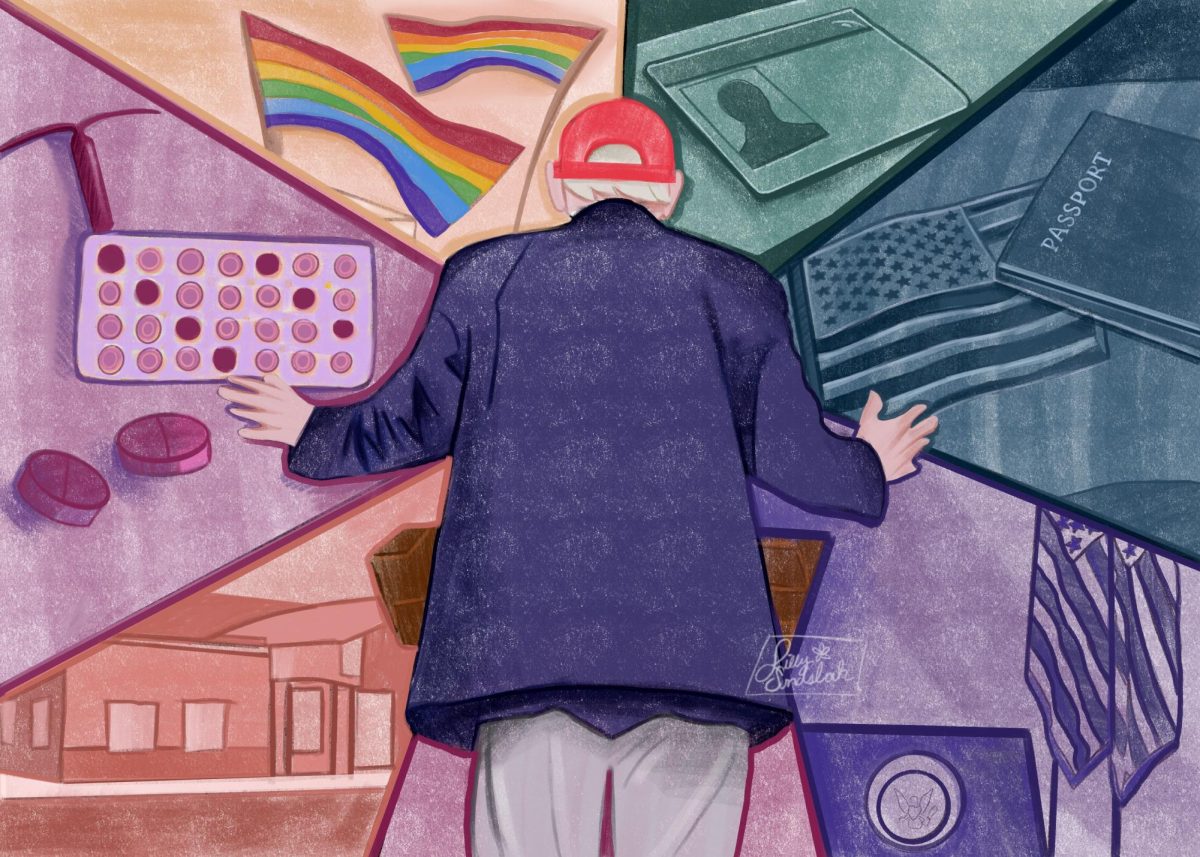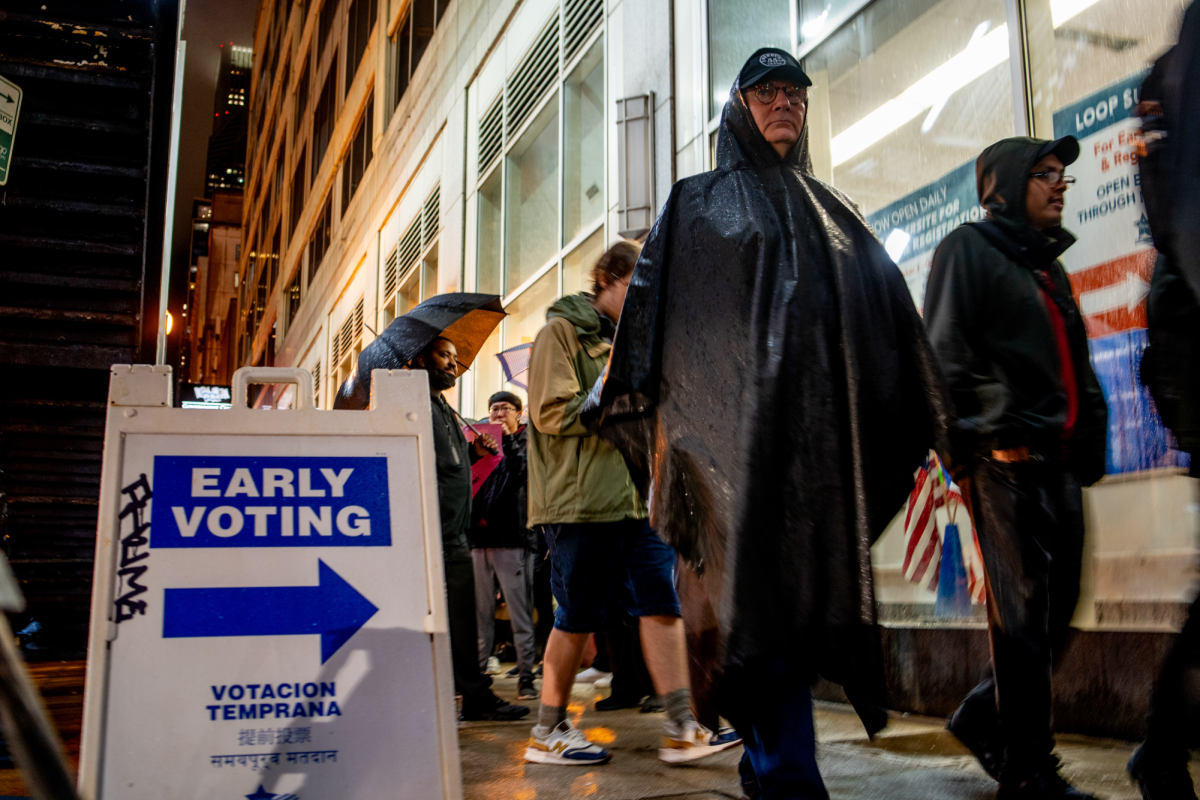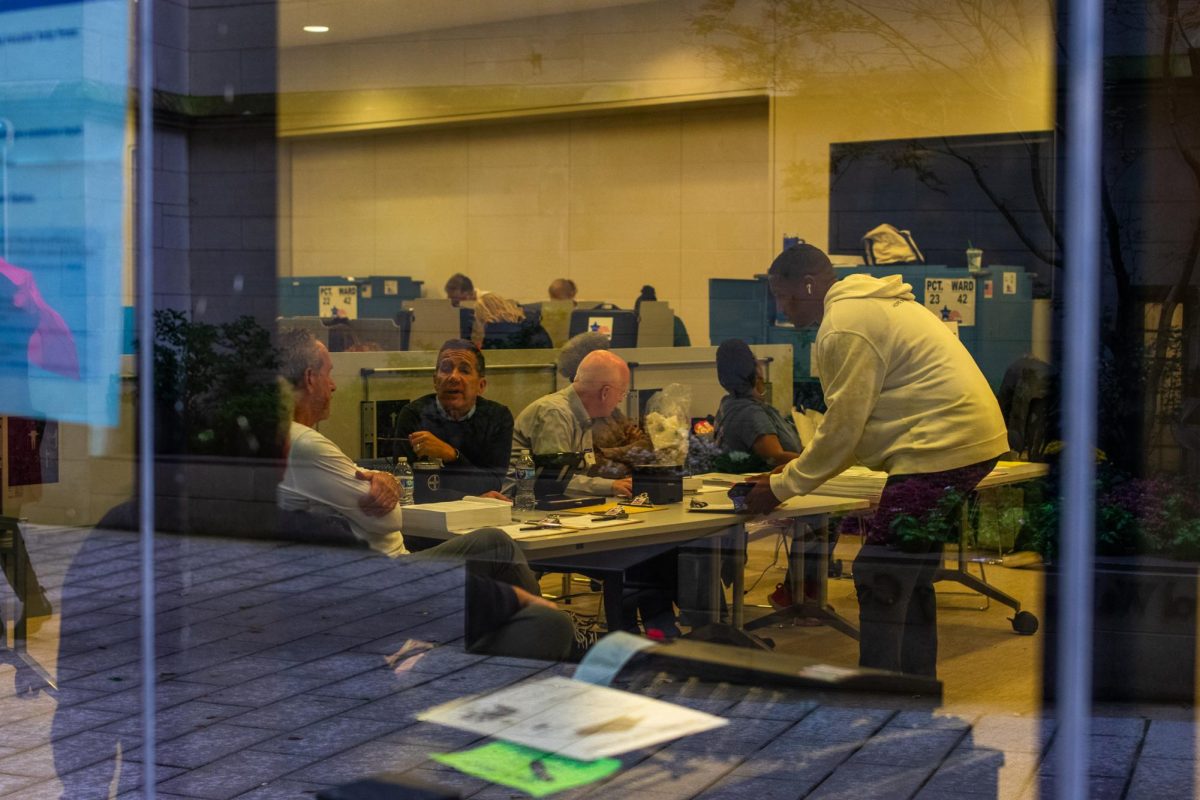Republican candidate and former President Donald Trump has said the issue of abortion access should be left to the states. But he also has contradicted himself on issues of reproductive rights and gives vague answers to questions about his stance.
At one rally in Pennsylvania in September, Trump said American women won’t be “thinking about abortion” if he’s elected. But he also has said he does not support a federal abortion ban.
Since the U.S. Supreme Court overturned Roe v. Wade, 13 states have criminalized abortion, according to the Center for Reproductive Rights.
With the presidential race between Trump and Democratic candidate and current Vice President Kamala Harris being so close, it’s important to pay close attention to the judicial races in every state.
With more neighboring states imposing regulations on abortion access, Illinois has emerged as a hub for reproductive health services. People from Indiana, Missouri, and other states with abortion restrictions have turned to Illinois for services they may not be able to obtain in their own states.
The sanctuary status of Illinois could be jeopardized, however, should the state’s Supreme Court ever change its position on abortion rights or its partisan make-up. If the court becomes more conservative, it could potentially undermine the laws that currently make Illinois a refuge.
Illinois is divided into five judicial districts for the State Supreme Court elections, with three justices elected from Cook County, where Chicago is located, and one justice elected from each of the other four districts. Justices are elected for 10-year terms and can be re-elected for another 10 years.
Chicago and its increasingly blue suburbs are the reason that Illinois is a Democratic stronghold, but the central and southern parts of the state are far more conservative and mostly vote Republican.
Two seats on the Supreme Court are up for partisan election on the court, and two justices from each party are running without opposition. As of April 2024, five judges on the court were Democrats and two judges were Republicans.
The districts with open seats are District 1, which encompasses Cook County, and District 4, which covers central Illinois.
1st District Appellate Court Judge Jesse Reyes lost in the March primary to incumbent Joy Cunningham. Cunningham, who was appointed by the other justices in 2022 to fill a vacancy, has promised to protect abortion rights in Illinois.
Incumbent Supreme Court Justice Lisa Holder White is running for the 4th District, but has not disclosed her stance on abortion issues. She also was appointed in 2022 to fill a vacancy.
Appellate courts also are important because they are involved when abortion rights are challenged and because appellate court judges often run for open seats on the Supreme court.
Wisconsin is a prime example of the importance of judicial elections. The state’s Supreme Court agreed this summer to hear two cases that could decide whether residents have a right to abortion access.
Meanwhile in Michigan, voters have expanded abortion protection through a constitutional amendment. In 2022, the state’s governor had filed a lawsuit asking the Michigan Supreme Court to recognize a constitutional right to an abortion and to stop enforcement of the 1931 Michigan abortion ban.
Based on data from Pew Research, 63% of adults support the idea of legalizing abortion in certain situations. This trend has remained consistent over the years. However, there are differences in opinion among age groups as 76% of individuals under the age of 30 are in favor of legalizing abortion.
In Illinois specifically, most voters back the right to choose echoed by feelings. This suggests a focus on rights in today’s political scene.
College students and young voters should be aware of the importance of these judicial races. Many young people care about reproductive rights but are not paying close attention to local ballot races for judges that impact them.
The upcoming state judicial races in Illinois may not grab headlines, but its significance should not be underestimated. It holds immense importance. The individuals who secure their spots through this election will hold the authority to influence the direction of abortion access and reproductive healthcare policies in Illinois for decades.
Young voters who care about reproductive freedom can’t afford to ignore these judicial races.
Editor’s Note: The Chronicle has partnered with Injustice Watch to distribute voter guides for the 2024 election. More information about the Cook County judicial candidates on the Nov. 5 ballot can be found on their website.
Catherine Pineda is a senior journalism student at Columbia College who will graduate in December 2024.
Copy Edited by Doreen Abril Albuerne-Rodriguez



